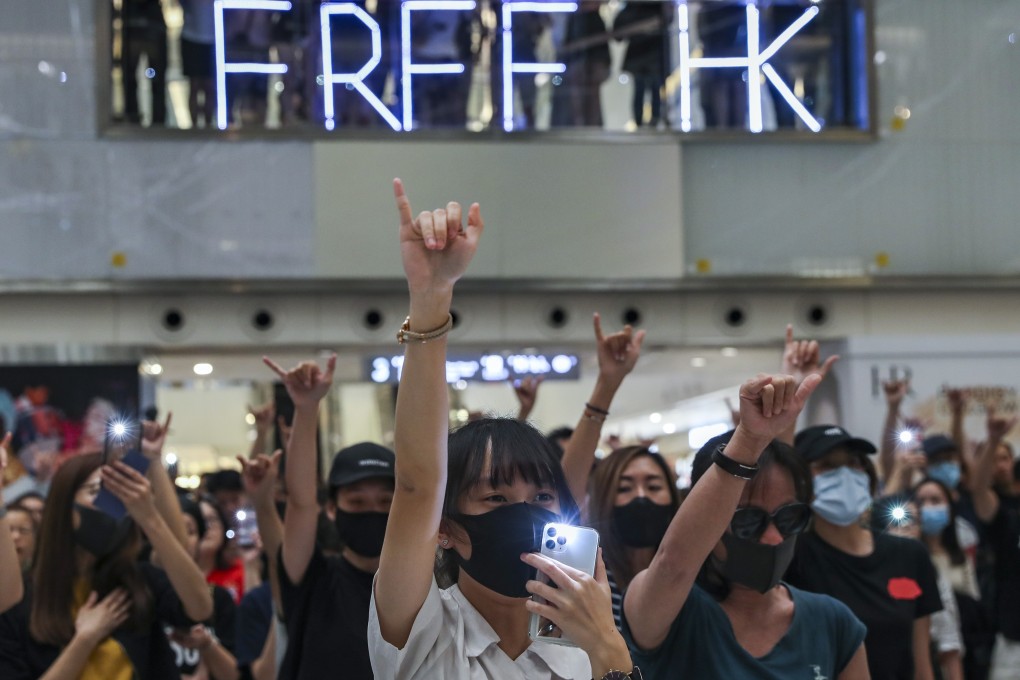More than 40 per cent of Hong Kong secondary school students highly stressed, with nearly a quarter anxious about tense social climate, poll finds
- Survey under the Hong Kong Federation of Youth Groups conducted on 2,685 students from 14 secondary schools in September and October
- Hotline counselling service operator also cites case of pupil being ostracised over political differences

More than 40 per cent of about 2,700 Hong Kong secondary students rated their stress levels as high, with nearly a quarter worrying about the tense social climate, according to a youth service group survey.
The poll by the Wellness Mind Centre under the Hong Kong Federation of Youth Groups (HKFYG) also showed that more than half of respondents displayed signs of depression.
The survey on 2,685 students from 14 secondary schools was conducted in September and October to determine stress levels and identify underlying causes at the start of the academic year.

Some 41.7 per cent of students gave a “high stress” index score on a self-assessed scale, compared with last year's 37.5 per cent. The 2017 figure was 39 per cent. Respondents were asked to rank their overall stress levels as the school year began from lowest to highest on a scale of 1 to 10, with a score of 7 and above for high stress.
One section of the survey was modelled after the Centre for Epidemiological Studies Scale, a self-screening mechanism for signs of depression. About 51.4 per cent of students polled scored more than 16 points on the scale, signalling depression. Some symptoms students expressed include difficulty focusing on tasks, having troubled thoughts and poor sleep.